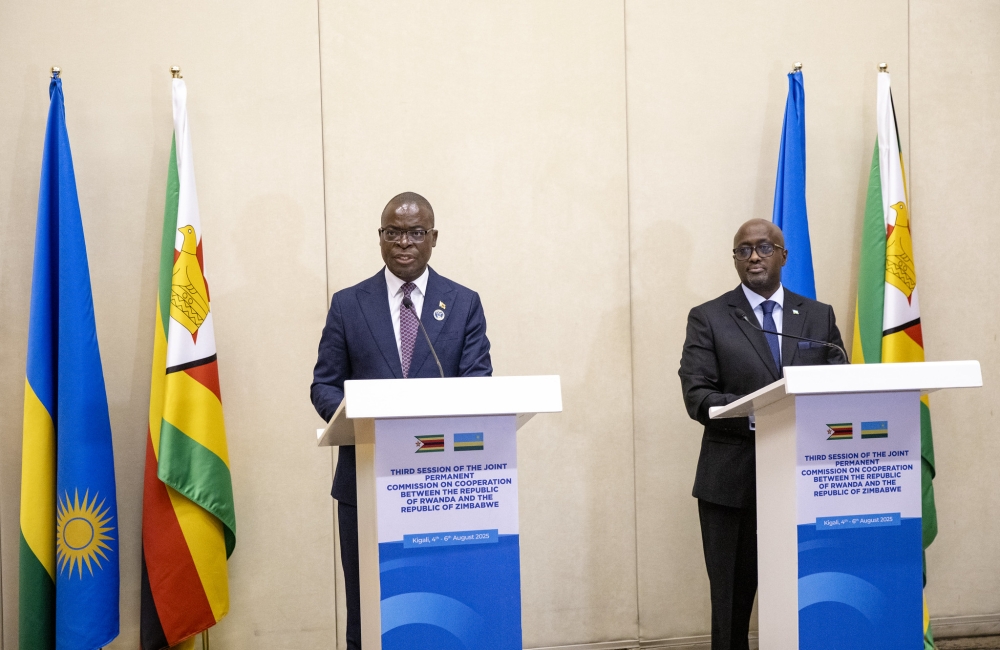South Sudan on Friday said it would withdraw its troops from the disputed Heglig oil region more than a week after seizing it from Sudan, pulling the countries back from the brink of a full-blown war.

South Sudan on Friday said it would withdraw its troops from the disputed Heglig oil region more than a week after seizing it from Sudan, pulling the countries back from the brink of a full-blown war.Sudan quickly declared victory, saying its armed forces had "liberated” the area by force as thousands of people poured onto the streets of Khartoum cheering, dancing, honking car horns and waving flags.South Sudan’s seizure of the territory had raised the prospect of two sovereign African states waging war against each other openly for the first time since Ethiopia fought newly independent Eritrea in 1998-2000.Tensions have been rising since South Sudan split away from Sudan as an independent country in July, under the terms of a 2005 settlement, taking with it most of the country’s known oil reserves.The countries are still at loggerheads over the position of their shared border and other disputes have already halted nearly all the oil production that underpins both economies.South Sudan’s President Salva Kiir ordered the withdrawal of his troops within three days, the country’s information minister said on Friday in the southern capital Juba."The Republic of South Sudan announces that SPLA (southern army) troops have been ordered to withdraw from Panthou (Heglig),” Barnaba Marial Benjamin said.Benjamin said the withdrawal was in response to appeals from world leaders and "to create an environment for the resumption of dialogue with Sudan”. U.N. Secretary-General Ban Ki-moon called on Thursday for the South to pull out. Meanwhile, the Executive Secretary of the International Conference on the Great Lakes Region (ICGLR), Prof. Alphonse Ntumba Luaba, has called on both Sudan and South Sudan to exercise maximum restraint and hold peace talks other than going to war.In a statement released this week, Ntumba regretted the fighting which he said defies an existing framework for peace in the form of the Comprehensive Peace Agreement (CPA), and the ICGLR Heads of State Pact on Peace, Security, Stability and Development."The two neighbouring states should immediately cease hostilities and return to the negotiating table with a view to resolving all their outstanding issues and differences through dialogue, in the framework of the protocols of Non-Aggression and Mutual Defence to which the States of the Great Lakes Regions are fully committed,” the statement reads in part."He also insists upon the leadership of Sudan and that of South Sudan to desist from acts of violence that only serve to worsen the existing volatile situation,” Ntumba said.South Sudan seceded from the Muslim-dominated north last year after a referendum, and while the south remained with the biggest number of oil fields, Sudan remained with the refineries and other infrastructure.The referendum was the culmination of the CPA that was signed in 2005, ending a civil war that had rocked the country for decades.






